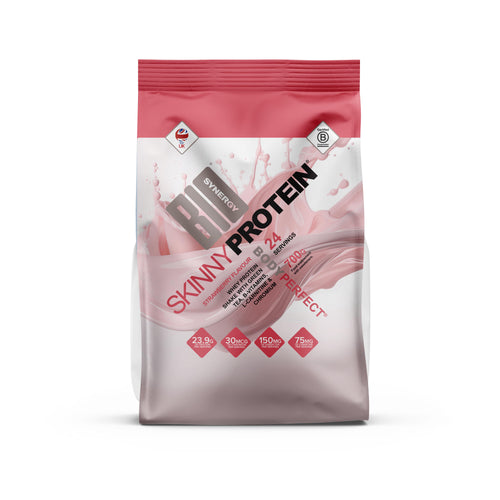From calcium-packed milk to protein-rich yoghurt and flavourful cheeses, dairy products offer a wide range of nutrients that support everyday wellbeing.
While dietary trends come and go, the benefits of including moderate amounts of dairy in your meals remain well supported by research and nutrition guidance.
A Natural Source of Key Nutrients
One of the most recognised benefits of dairy is its high calcium content. Calcium plays a vital role in maintaining strong bones and healthy teeth.
Many dairy products also provide vitamin D, which helps the body absorb calcium effectively. Together, these nutrients support long-term bone health and may help lower the risk of osteoporosis as we age.
Dairy foods also contain high-quality protein, which helps the body repair tissues, maintain muscle mass and stay energised throughout the day. Cottage cheese, Greek yoghurt and skimmed milk are particularly good options if you're looking for lean, high-protein choices.
Supports Healthy Gut Function
Fermented dairy products—such as live yoghurt, kefir and cultured buttermilk—contain beneficial bacteria that can help maintain a healthy gut microbiome.
A balanced gut can support digestion, reduce bloating and contribute to overall digestive comfort. Increasingly, people are turning to fermented dairy as a simple, tasty way to incorporate natural probiotics into their daily routine.
Helps to Maintain a Balanced Diet
Dairy products can play a helpful role in weight management. The combination of protein, healthy fats and slow-release carbohydrates can help you feel fuller for longer, reducing the temptation to snack between meals. Options such as yoghurt with fruit, a small piece of cheese with oatcakes or a latte made with semi-skimmed milk can all be satisfying choices that fit well within a balanced approach to eating.
Heart Health Benefits
Although some dairy products contain saturated fat, moderate consumption—especially when choosing lower-fat varieties—can be part of a heart-friendly diet. Milk, yoghurt and certain cheeses provide potassium, a mineral that can help regulate blood pressure. Some studies also suggest that fermented dairy foods may have a positive impact on heart health when enjoyed as part of an overall nutritious diet.
Rich in B Vitamins
Dairy products are a natural source of several B vitamins, including B2 (riboflavin) and B12. These nutrients help the body convert food into energy, support red blood cell formation and keep the nervous system functioning normally. This makes dairy particularly useful for people who need steady energy throughout the day.
Versatile, Convenient and Enjoyable
One of the biggest advantages of dairy is just how versatile it is. Whether you prefer a simple bowl of yoghurt, a warming mug of hot chocolate made with milk, or a sprinkling of cheese melted over vegetables, dairy fits easily into countless meals and snacks. This makes it an accessible and enjoyable way to boost your nutrient intake without complicated planning.
Final Dairy Thoughts
Including dairy in your diet can offer a range of health benefits, from supporting strong bones to contributing to good gut health. As with any food group, balance is key. Choosing a mix of milk, yoghurt and cheese, preferably with a focus on lower-fat or fermented options, can help you enjoy the nutritional advantages while keeping your diet varied and wholesome.
If you’re exploring ways to build healthier habits, adding a few well-chosen dairy products to your daily routine can be a simple, delicious step in the right direction.












.jpg)





.jpg)
.jpg)
